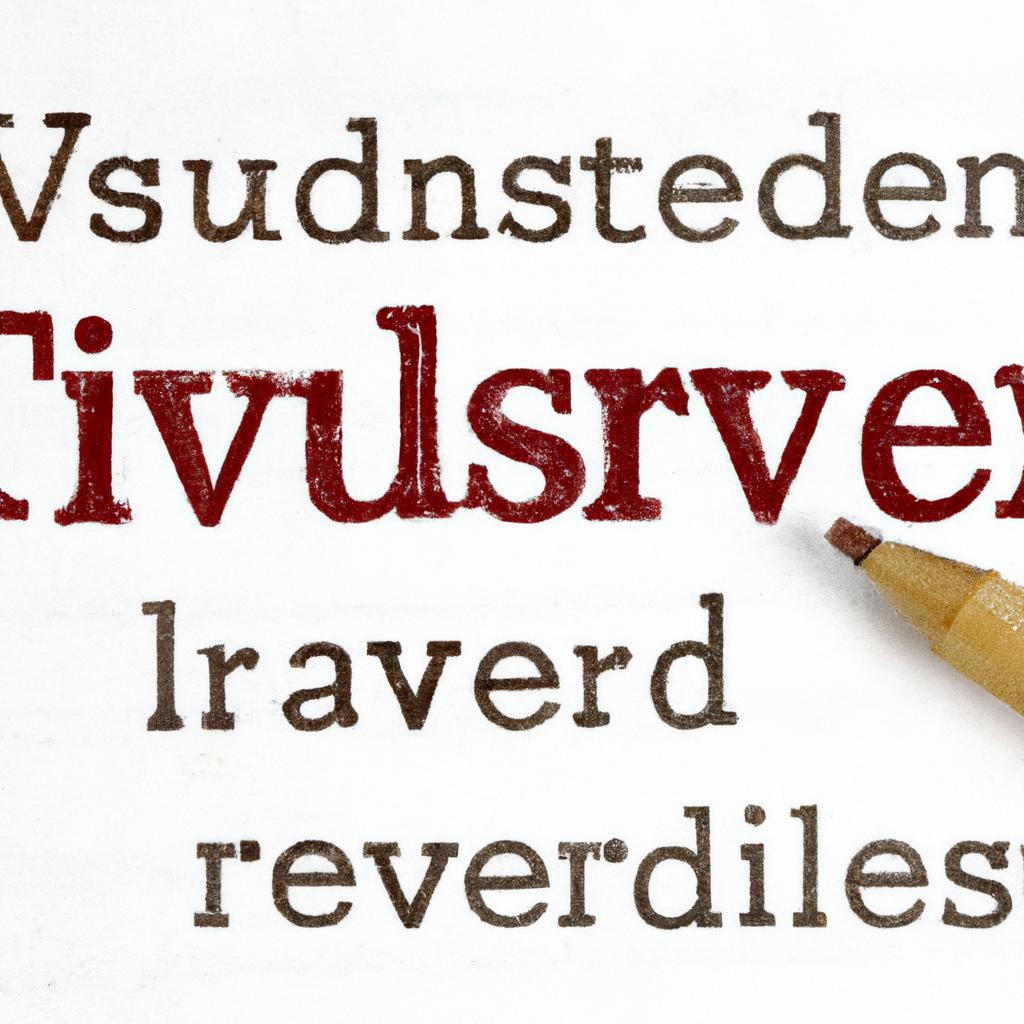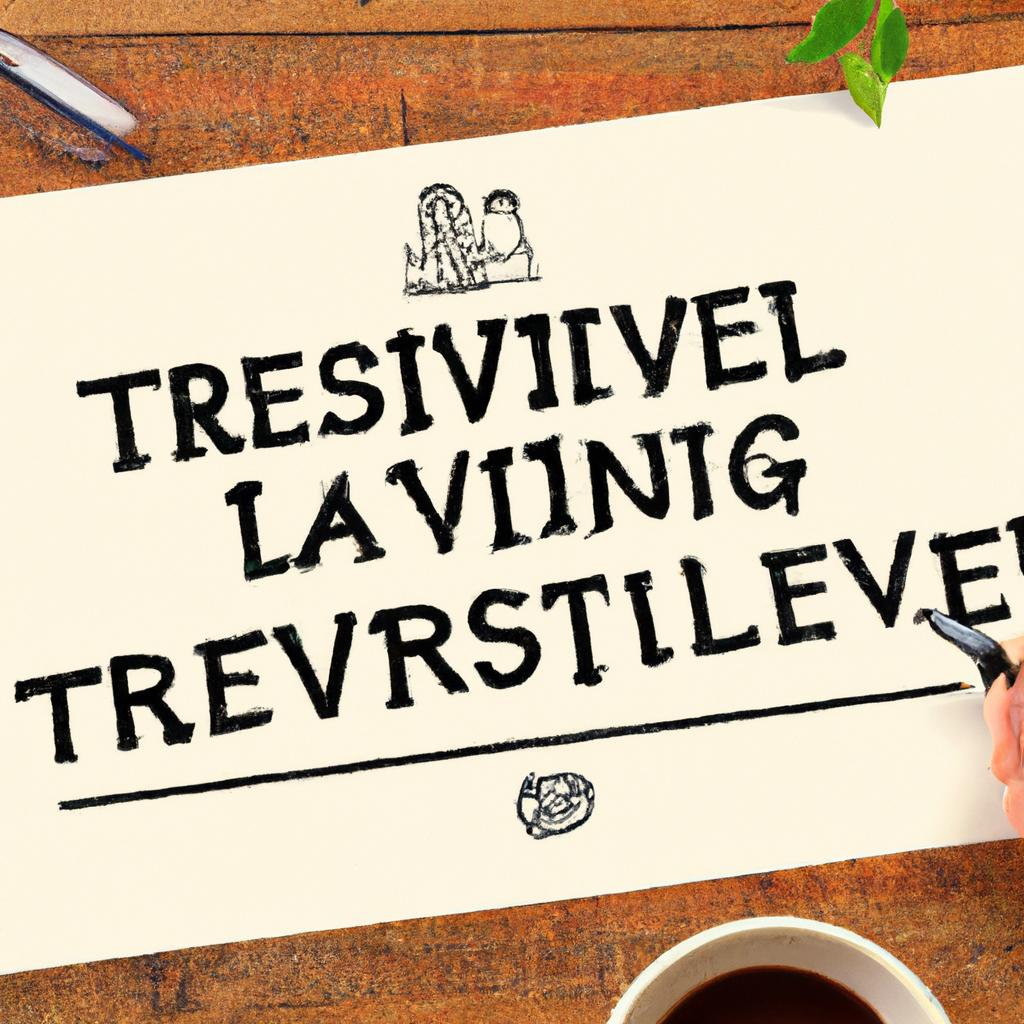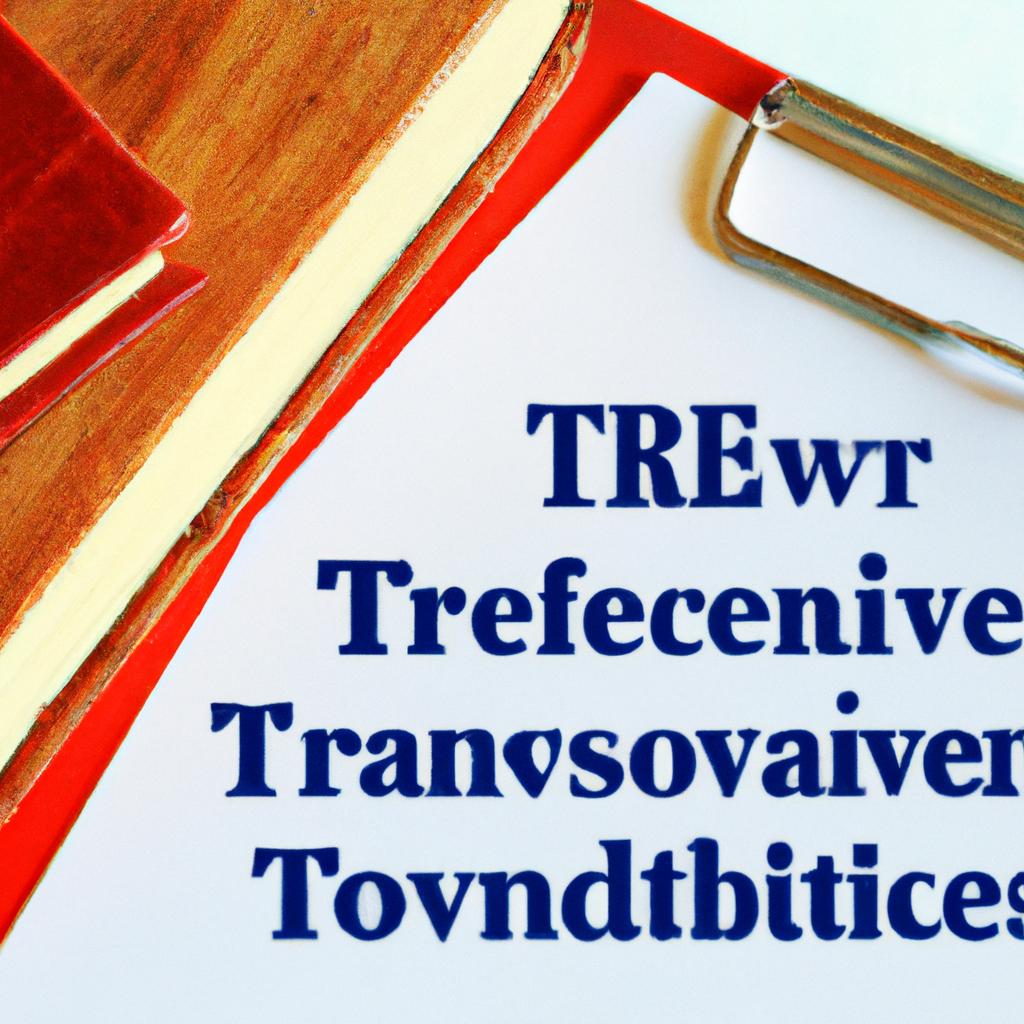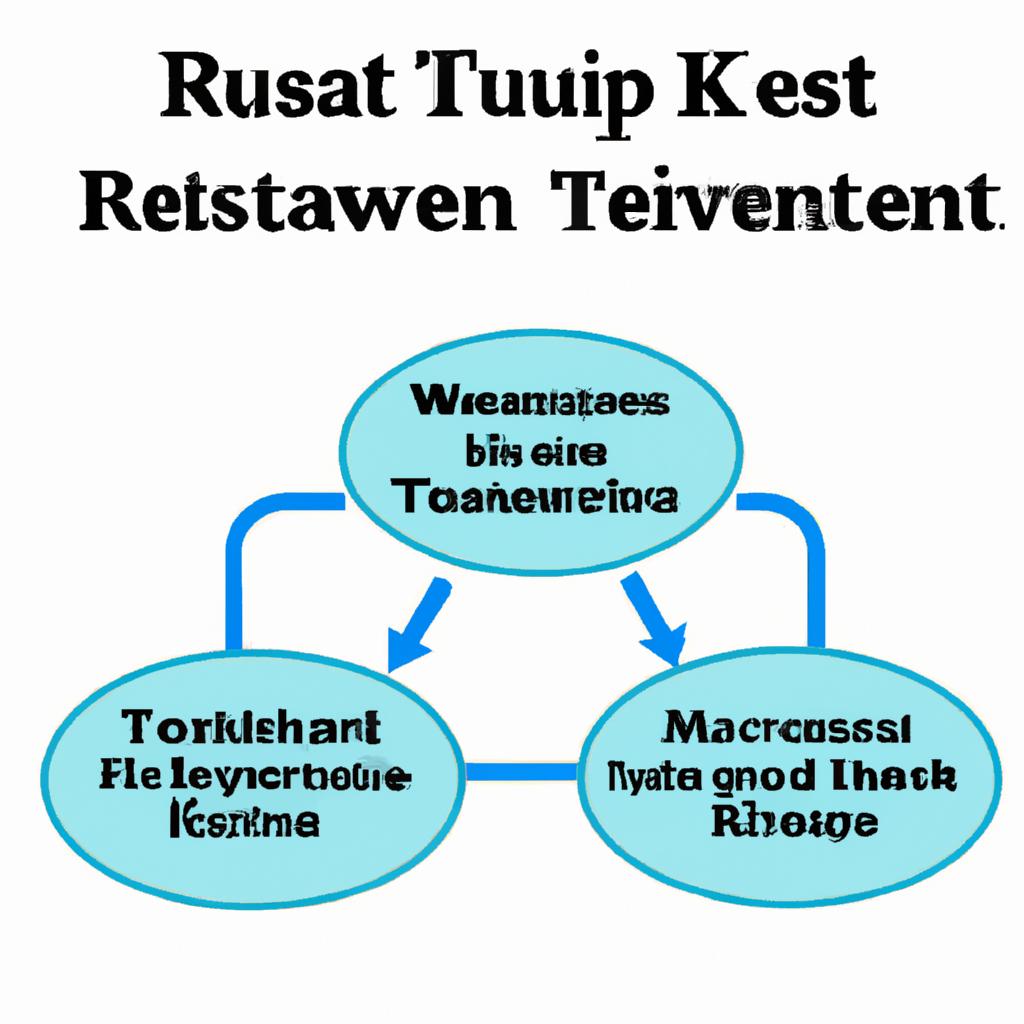In the intricate world of estate planning, trusts stand as powerful tools for safeguarding and distributing assets according to one’s wishes. Among the myriad of trust options available, two types reign supreme as the most commonly utilized by individuals seeking to secure their legacies: revocable trusts and irrevocable trusts. In this article, we will delve into the nuances of these two fundamental trust structures, shedding light on their distinct features and purposes within the realm of wealth management. Hailing from the bustling streets of New York City, the expert legal team at Morgan Legal Group is well-versed in the complexities of trust planning, guiding clients through the intricate process with precision and care.
Understanding Revocable Living Trusts
When it comes to trusts, there are two main types that individuals commonly utilize in their estate planning: revocable living trusts and irrevocable trusts. While both can be effective tools for managing assets and passing on wealth to beneficiaries, they differ in key ways.
A revocable living trust allows the grantor to retain control over the trust assets during their lifetime, making changes or even revoking the trust altogether if desired. This type of trust can help avoid probate, provide privacy, and allow for the seamless transfer of assets upon the grantor’s death. On the other hand, an irrevocable trust cannot be altered once established, offering more asset protection and potential tax benefits, but without the flexibility of a revocable trust.

– Exploring the Benefits of Revocable Living Trusts
Revocable living trusts offer individuals the flexibility to manage their assets during their lifetime, while also allowing for the seamless transfer of these assets to their chosen beneficiaries upon their passing. One of the most common types of trusts is the revocable living trust, which can be amended or revoked by the grantor at any time during their lifetime. By establishing a revocable living trust, individuals can avoid the probate process, maintain privacy, and ensure that their assets are distributed according to their wishes.
Another popular type of trust is the irrevocable trust, which cannot be modified or terminated once established. Irrevocable trusts are often used for estate tax planning purposes, as the assets transferred into the trust are no longer considered part of the grantor’s estate for tax purposes. Additionally, irrevocable trusts offer asset protection benefits, as the assets held in the trust are shielded from creditors and legal claims. Overall, both revocable living trusts and irrevocable trusts provide individuals with valuable estate planning tools to protect their assets and secure their legacy for future generations.
– Important Considerations When Establishing a Revocable Living Trust
When establishing a revocable living trust, there are important considerations to keep in mind to ensure that your wishes are carried out effectively. One of the most common types of trusts is the revocable living trust, which allows you to retain control over your assets during your lifetime and designate how these assets should be distributed upon your death. This type of trust can help avoid probate, maintain privacy, and provide for the efficient transfer of assets.
Another common type of trust is the irrevocable trust, which cannot be modified or terminated once it is established. This type of trust is often used for tax planning purposes, asset protection, and Medicaid eligibility. It is important to carefully consider the benefits and drawbacks of each type of trust before making a decision that best fits your goals and needs.

Delving into Irrevocable Trusts
There are various types of trusts that individuals can utilize in estate planning, but two of the most common are revocable trusts and irrevocable trusts. Revocable trusts, also known as living trusts, allow the creator to make changes or revoke the trust during their lifetime. This type of trust is often used to avoid probate and maintain privacy, as assets held in a revocable trust do not go through the probate process.
On the other hand, irrevocable trusts are set in stone once they are created, and the creator cannot make changes or revoke the trust. This type of trust is often used for tax planning purposes, asset protection, and Medicaid planning. Assets placed in an irrevocable trust are typically not considered part of the creator’s estate for tax purposes and are protected from creditors. However, it’s important to carefully consider the implications of creating an irrevocable trust, as the creator permanently gives up control of the assets placed in the trust.

– The Advantages and Limitations of Irrevocable Trusts
Irrevocable trusts offer several advantages in estate planning. One key benefit is asset protection, as assets held in an irrevocable trust are typically shielded from creditors and lawsuits. Additionally, irrevocable trusts can help minimize estate taxes by removing assets from the grantor’s taxable estate. This can be particularly advantageous for high-net-worth individuals seeking to pass on assets to their beneficiaries while reducing tax liabilities.
However, irrevocable trusts also come with certain limitations. One major drawback is the lack of flexibility, as the terms of an irrevocable trust generally cannot be altered once it has been executed. This means that once assets are transferred into the trust, the grantor loses control over those assets. Additionally, irrevocable trusts can be complex to set up and maintain, requiring careful planning and ongoing management to ensure compliance with legal requirements.
– Key Factors to Keep in Mind When Setting Up an Irrevocable Trust
When setting up an irrevocable trust, it is crucial to consider key factors that will impact the effectiveness and success of the trust. One important factor to keep in mind is the selection of the trustee. The trustee is responsible for managing the trust assets and making distributions according to the terms of the trust. It is essential to choose a trustee who is reliable, trustworthy, and has the financial acumen to handle the responsibilities of the role.
Additionally, it is important to carefully consider the beneficiaries of the trust. The beneficiaries are the individuals who will benefit from the trust assets. It is important to clearly outline the rights and obligations of the beneficiaries in the trust document to avoid any potential conflicts or misunderstandings in the future. Furthermore, it is advisable to consider the tax implications of the trust, as irrevocable trusts can have significant tax benefits for both the grantor and the beneficiaries. By taking these key factors into consideration when setting up an irrevocable trust, you can ensure that your estate planning goals are effectively met.
Q&A
Q: What are the two most common types of trusts?
A: The two most common types of trusts are revocable trusts and irrevocable trusts.
Q: What is a revocable trust?
A: A revocable trust, also known as a living trust, allows the grantor to make changes or revoke the trust during their lifetime. This type of trust is often used for estate planning purposes and can help to avoid probate.
Q: How does an irrevocable trust differ from a revocable trust?
A: An irrevocable trust, once established, cannot be modified or revoked by the grantor. This type of trust is commonly used for asset protection and estate tax planning.
Q: What are some key benefits of a revocable trust?
A: A revocable trust allows for flexibility and control during the grantor’s lifetime, offers privacy as the trust does not need to go through probate, and can help to avoid conservatorship in the event of incapacity.
Q: What are the advantages of an irrevocable trust?
A: An irrevocable trust provides asset protection from creditors, reduces estate taxes, and ensures that the grantor’s assets are managed and distributed according to their wishes.
In Summary
In conclusion, understanding the two most common types of trusts – revocable and irrevocable – can help individuals make informed decisions about their estate planning goals. Whether seeking flexibility and control or asset protection and tax advantages, selecting the right trust structure is essential. By working with a knowledgeable estate planning attorney, individuals can customize their trust to meet their specific needs and goals. Stay informed, stay empowered, and make the most of your financial future with the right trust in place. Thank you for reading!


